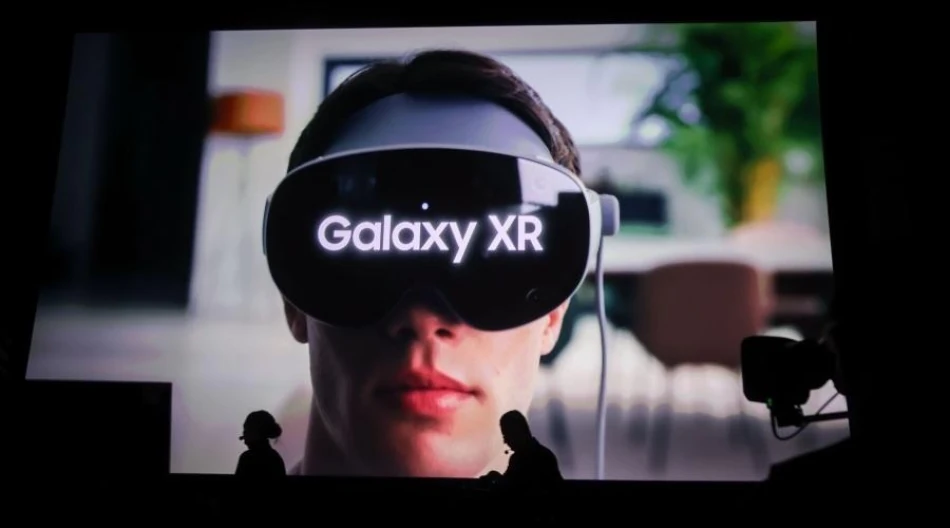
Samsung Unveils Immersive Galaxy XR Headset: Unlock the Future of Augmented Reality
Samsung just launched its Galaxy XR headset for $1,799, jumping into the mixed reality market that Meta and Apple have been fighting over. The device runs on Google's Android XR operating system and AI features, marking a major partnership between Samsung, Google, and Qualcomm to challenge Meta's 80% market dominance.
The Galaxy XR costs about half the price of Apple's Vision Pro, which could make it more appealing to regular consumers. Samsung designed it to handle both virtual and mixed reality tasks - you can watch YouTube videos, play games, and interact with your real surroundings at the same time.
Here's where it gets interesting: Google's Gemini AI can analyze what you're looking at in the real world and give you information about it. Just look at something and circle it with your finger, and the AI explains what you're seeing.
Samsung has been studying this market for ten years but only started working with Google four years ago on this project, codenamed "Mohan" (meaning "infinite" in Korean). Jay Kim, Samsung's mobile division executive VP, said they waited for the right moment when technology and market conditions aligned.
The tech giants are in an arms race to create the next big computing platform after smartphones. Meta owns about 80% of the VR headset market, while Apple's expensive Vision Pro hasn't gained much traction yet. Now OpenAI, the company behind ChatGPT, is also jumping in - they spent $6.5 billion buying hardware startup I.O Products from former Apple designer Jony Ive.
Samsung and Google aren't stopping at headsets. They're already planning lighter smart glasses and have partnerships with eyewear companies Warby Parker and South Korean luxury brand Gentle Monster. But they're keeping details about those future products under wraps.
The Galaxy XR runs on Qualcomm's Snapdragon XR2+ Gen 2 chip. Early buyers get a year of free Google AI Pro, YouTube Premium, and Google Play Pass - a decent bundle to sweeten the deal.
This isn't Samsung's first attempt at face-mounted computing. About ten years ago, they made the Gear VR with Oculus (before Meta bought the company in 2014). That device basically turned your smartphone into a VR headset. The new Galaxy XR is much more sophisticated.
For investors and the broader tech industry, this launch matters because it shows Google is serious about competing with Meta in the next computing platform. The Android XR operating system could become as important for headsets as regular Android is for phones. That would give Google and its partners a real shot at breaking Meta's grip on this growing market.
Most Viewed News

 Omar Rahman
Omar Rahman






